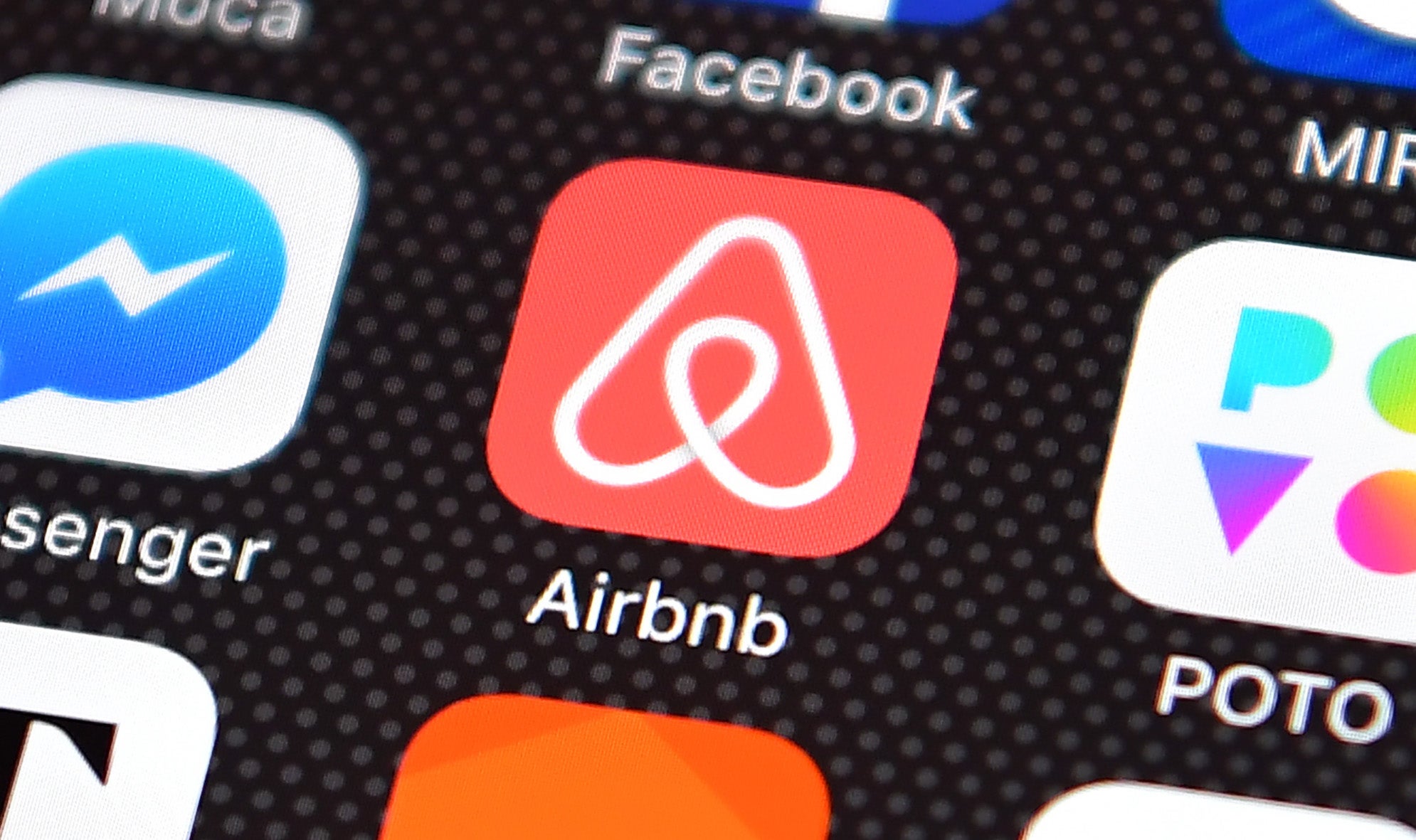Airbnb’s UK tax bill scrutinised as accounts show it only paid £314,000
Company routes hundred of millions of payments through low-tax Ireland

Airbnb’s tax payments have come under scrutiny after the £23 billion business paid £314,000 in UK tax. The company’s UK arm handles rental payments for all Airbnb bookings that don’t involve a customer in the US, China, or India. London is the third biggest city from which Airbnb offers accommodation.
However, the company makes most of its income through commissions charged to hosts and renters, which it routes through its headquarters in Ireland where the corporation tax is more favourable.
Airbnb says it does not take “important, long-term business decisions on the basis of taxation”.
“We follow the rules and pay all the tax we owe in the places we do business,” a spokesman said, adding that, “the overwhelming amount of money generated by the Airbnb platform stays with hosts and their communities.”
Tax barrister, Jolyon Maugham QC, said: “This is the same story as Google and Facebook which is that profits generated from the UK are not taxed in the UK. By using a company in a lower tax country, in this case Ireland, Airbnb looks to have arranged its affairs to avoid tax throughout Europe including the UK.”
Apple, Facebook and Google all have their European headquarters in Ireland, where the standard rate of corporation tax is 12 per cent.
Apple has come under fire from the EU Commission who ruled that it must pay around £11bn in back taxes over a “sweetheart deal” granted to it by the Irish Government.
Launching an appeal against the decision on Monday, Apple said: “The Commission took unilateral action and retroactively changed the rules, disregarding decades of Irish tax law, US tax law, as well as global consensus on tax policy, that everyone has relied on.
Many US companies have tried to shield their profits from the comparatively high US corporate tax rate of 35 per cent by keeping them in foreign subsidiaries.
Join our commenting forum
Join thought-provoking conversations, follow other Independent readers and see their replies
Comments